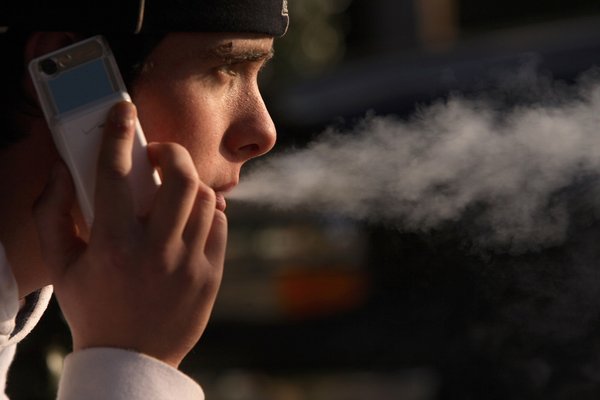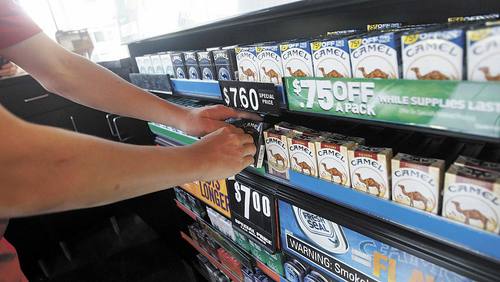MINNPOST: Proposed Minneapolis tobacco licensing changes will help curb youth smoking
By Jan Malcolm | 06/19/15
Imagine a future when tobacco is no longer the leading cause of preventable death and disease. To make this vision a reality, we must prevent more young people from getting hooked by deadly tobacco products. The Minneapolis City Council is poised to do just that by considering changes to the licensing ordinance to restrict the sale of all flavored tobacco (other than menthol) to adult-only tobacco stores and set minimum price limits for cigars. These measures strike at the heart of the tobacco industry’s strategy to sell their products to kids: flavoring and price.
While Big Tobacco is supposed to be prohibited from marketing to kids, it finds many ways around that ban. Tobacco executives know that unless they get to kids before they reach their 20s they’ve lost a customer. Documents released during the tobacco trials of the 1990s reveal how deliberately tobacco companies target young people. On the witness stand, the chairman of the Liggett & Myers Tobacco Co. said, “If you are really and truly not going to sell to children, you are going to be out of business in 30 years.” A Lorillard executive wrote that he wanted to exchange research data with Life Savers to figure out what tastes kids want. And a marketing plan from U.S. Smokeless Tobacco showed a deliberate strategy to start users on sweet flavors, then “graduate” them to plain tobacco.
Candy and fruit flavors
The appeal of flavoring to young people is the reason the FDA banned cigarettes in flavors other than menthol in 2009. Unfortunately, products such as little cigars, cigarillos, chew, e-cigarettes and others are still widely available in candy and fruit flavors such as bubble gum, grape and gummy bear – flavors that clearly appeal to youth. These flavored products are for sale in more than 250 stores throughout Minneapolis alone, and they are easy for children to purchase. One-third of Minneapolis boys under 18 report buying tobacco from a convenience store or gas station.
Research shows that young people mistakenly believe that flavored tobacco products are less dangerous than other tobacco products. In fact, they are just as dangerous, with the same health risks of cancer, heart disease and chronic obstructive pulmonary disease. Candy and fruit flavored tobacco products just mask the harsh taste and feel of tobacco.
Nearly 20 percent of Minnesota high school students have tried a water pipe or hookah, and almost all shisha (hookah tobacco) is flavored. More than 25 percent of Minnesota high school students have used an e-cigarette, and most e-cigarette liquid is flavored. More than 35 percent of Minnesota high school students report that they have tried flavored cigars, cigarillos or little cigars at some point in their lives. In fact, kids are now twice as likely as older people to be cigar smokers. Almost 20 percent of Minneapolis 12th-graders say they smoke cigar products like cigarillos regularly.
Young people known to be price sensitive
Nearly 75 percent of Minneapolis tobacco retailers currently sell cigars and cigarillos, many for less than a dollar. The proposed changes to our city’s tobacco licensing ordinance would set a minimum price of $2.60 for each cigar. Research shows that young people are very sensitive to price increases and are more likely to just quit using a product they can’t afford than adults are.
Flavored tobacco restrictions and price minimum requirements have been successfully implemented in other communities around the country – and right here in Minnesota. No one wants our young people to face a lifetime of addiction and other health problems. We know that policies that restrict access to flavored tobacco and raise tobacco prices keep kids from starting to smoke and help them to quit.
Support the proposed changes to the Minneapolis tobacco licensing ordinance. Stand up for our kids against Big Tobacco.
Jan Malcolm is the vice president of public affairs for Allina Health. She served as Minnesota state health commissioner from 1999 to 2003. Malcolm lives in Minneapolis.


